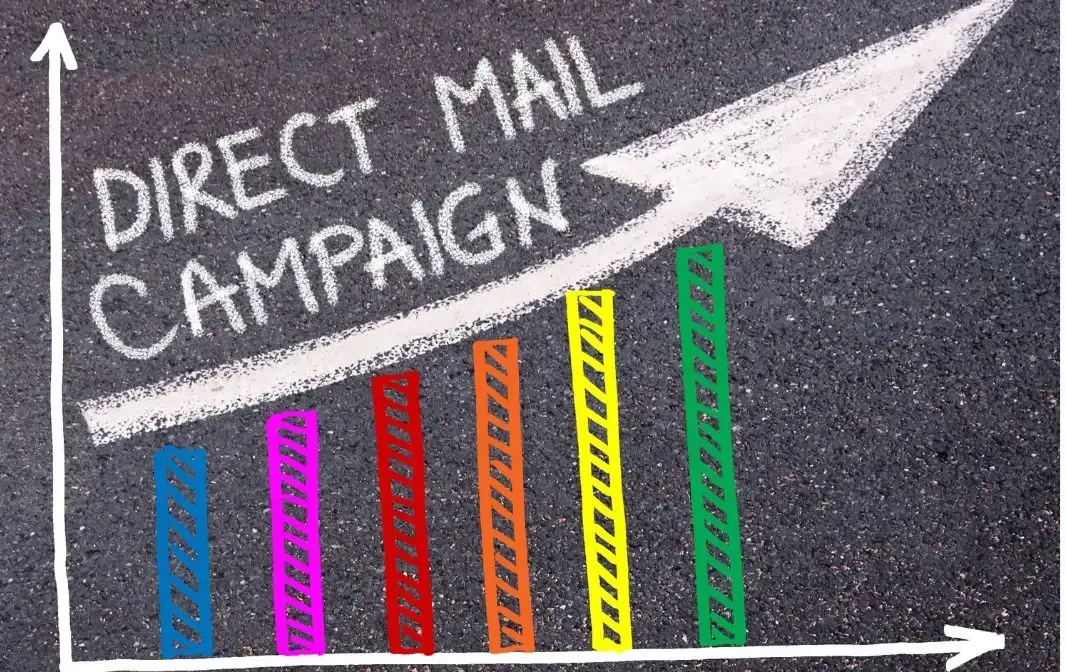Legal Considerations for Dental Postcard Marketing

Dental postcard marketing is a highly effective strategy for attracting new patients and strengthening relationships with current ones. However, dental professionals must navigate a range of legal requirements to ensure compliance and avoid potential pitfalls. From protecting patient privacy under HIPAA to following advertising regulations enforced by the FTC, this guide offers insights into the legal considerations every dental practice should prioritize.
Below, we explore key regulations, provide actionable tips for compliance, and answer common questions to help your dental practice market responsibly and effectively.
Understanding Legal Considerations
HIPAA Compliance
The Health Insurance Portability and Accountability Act (HIPAA) sets national standards to protect sensitive patient health information. Dental postcard marketing must be conducted in a manner that safeguards patient data and ensures compliance with HIPAA’s strict guidelines.
Key HIPAA Requirements
1. Patient Consent
- Obtain explicit, written consent before using patient information for marketing purposes.
- Consent forms must clearly outline how the information will be used.
2. Data Protection
- Secure all patient information to prevent unauthorized access or breaches.
- Ensure marketing platforms and storage systems are HIPAA-compliant.
3. De-identification
- When patient data is used, ensure it is fully de-identified. This means removing any information that could reveal a patient’s identity.
Advertising Regulations
In addition to HIPAA, dental marketing must follow Federal Trade Commission (FTC) advertising regulations. The FTC’s guidelines focus on protecting consumers from misleading, deceptive, or untruthful advertising practices.
Key FTC Requirements
1. Truthfulness
- Ensure all claims in your marketing materials are truthful and backed by evidence.
- Misleading claims about dental outcomes or services could result in legal consequences.
2. Non-Deceptive Practices
- Avoid any visuals or language that could mislead the consumer.
- Testimonials must reflect genuine patient experiences and be used with consent.
3. Clear Disclosures
- Prominently display any disclaimers or limitations related to promotional offers.
- Use simple language to ensure disclaimers are easy to understand.
Tips for Adhering to Regulations
Staying compliant with HIPAA and FTC guidelines can seem challenging, but these practical steps can help your dental practice navigate the complexities of legal marketing.
1. Obtain Proper Patient Consent
- Always secure written consent before using patient information in marketing materials.
- Ensure consent forms clearly explain how the information will be used and provide patients with an option to withdraw their consent at any time.
- Maintain records of consent for accountability and compliance.
2. Use Secure Marketing Practices
- Implement systems that securely store and access patient information.
- If working with third-party vendors, ensure they are HIPAA-compliant.
- Regularly train staff on the importance of handling patient data securely.
3. Keep Advertising Truthful
- Substantiate all claims with verifiable evidence. For example, if you advertise a specific success rate or outcome, ensure you have credible data to support it.
- Avoid hyperbolic language or unsubstantiated claims about services or results.
4. Include Clear Disclosures
- Highlight any conditions or limitations tied to your offers in a prominent location on your postcards.
- Use legible fonts and clear formatting to ensure disclaimers are not overlooked.
5. Stay Updated on Regulations
- Marketing regulations are subject to change. Regularly review updates on websites such as ADA.org and FTC.gov.
- Conduct an annual review of your marketing materials to ensure ongoing compliance.
Benefits of Legal Compliance
Adhering to legal guidelines benefits your practice in multiple ways:
- Builds Trust: Patients are more likely to trust practices that prioritize transparency and privacy.
- Avoids Legal Risks: Compliance reduces the risk of fines, lawsuits, or reputational damage.
- Enhances Marketing Effectiveness: Clear, truthful advertising fosters credibility, increasing patient conversions.
Real-Life Examples of Compliance
1. Case Study: HIPAA-Compliant Marketing Campaign
A dental office wanted to feature patient testimonials on their postcards. They secured written consent from patients and anonymized any additional data used in the campaign, ensuring full HIPAA compliance.
2. Avoiding FTC Violations
A practice promoting a “free consultation” clearly outlined the conditions of the offer in bold text on their postcard. This transparency helped avoid consumer complaints and fostered trust.
FAQs
Q1. What Information Can I Include in My Dental Marketing Postcards Without Violating HIPAA?
A: You can include general details about your practice, services offered, and promotional offers. Avoid using identifiable patient information unless explicit consent has been obtained.
Q2. How Can I Ensure My Dental Marketing is HIPAA-Compliant?
A: To ensure your dental marketing complies with HIPAA regulations:
- De-identify patient data unless consent is provided.
- Use secure storage and transmission systems for patient information.
- Partner with HIPAA-compliant vendors and train your staff regularly.
Q3. Are There Specific Disclaimers I Need to Include in My Marketing Materials?
A: Yes, include disclaimers for conditions or limitations tied to promotional offers. Ensure these disclaimers are prominently displayed and written in clear, accessible language.
Q4. What Should I Do If a Patient Withdraws Consent for Marketing Use of Their Information?
A: Immediately cease using the patient’s information in any marketing materials and update your records to reflect the withdrawal of consent.
Q5. How Often Should I Review My Marketing Practices for Compliance?
A: It’s advisable to review your marketing practices at least annually or whenever relevant laws and regulations change.
By following these guidelines, dental practices can market effectively while safeguarding patient privacy and avoiding legal risks. For comprehensive marketing services tailored to dental practices, explore
Xpress Promotion's dental marketing solutions.





















